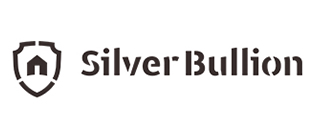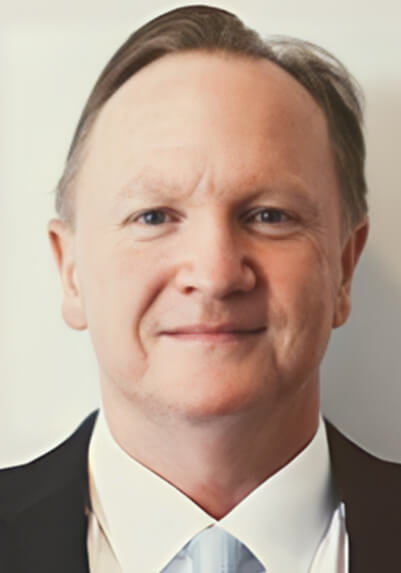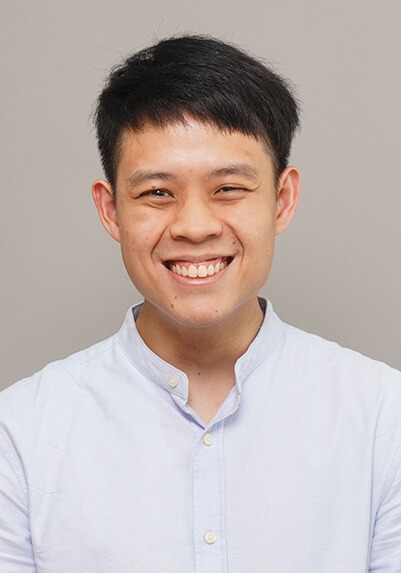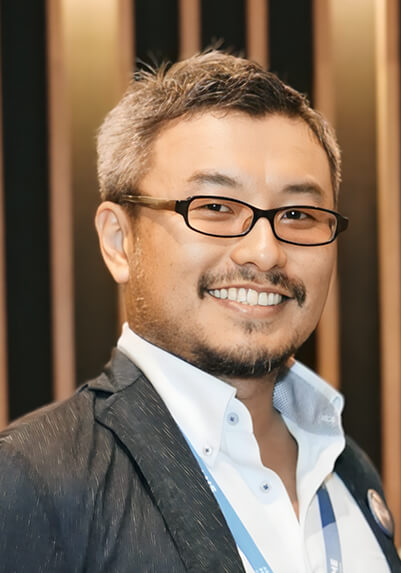Navigate
Article List
- 2022 Asia Pacific Precious Metals Conference Summary
By Joni Teves, Precious Metals Strategist, UBS Investment Bank
- Regulatory Reforms In The Precious Stones & Precious Metals Dealers Sector
By Paramjit Singh, Registrar of Regulated Dealers, Director, Anti-Money Laundering/Countering the Financing of Terrorism Division (ACD), Ministry of Law
- ESG & Precious Metals Provenance: The Use Case For Digital Gold
By Jeffrey Premer, CEO, Vaultex
- Creating A Safe Haven For Generational Wealth
By Gregor Gregersen, Founder & Director, The Reserve
- Singapore – A Tokenised Gold Settlement Hub Built For The Future
By Anoushka Rayner, Head of Growth Commodities, Paxos
- China To Take Leading Role In Global Fuel Cell Electric Vehicle Market
By Trevor Raymond, Director of Research, World Platinum Investment Council (WPIC)
- Malaysia’s Gold & Gems Industry
By Ermin Siow, Advisor, Federation of Goldsmiths and Jewellers Association of Malaysia
- SBMA News
By SBMA
Article List
- 2022 Asia Pacific Precious Metals Conference Summary
By Joni Teves, Precious Metals Strategist, UBS Investment Bank
- Regulatory Reforms In The Precious Stones & Precious Metals Dealers Sector
By Paramjit Singh, Registrar of Regulated Dealers, Director, Anti-Money Laundering/Countering the Financing of Terrorism Division (ACD), Ministry of Law
- ESG & Precious Metals Provenance: The Use Case For Digital Gold
By Jeffrey Premer, CEO, Vaultex
- Creating A Safe Haven For Generational Wealth
By Gregor Gregersen, Founder & Director, The Reserve
- Singapore – A Tokenised Gold Settlement Hub Built For The Future
By Anoushka Rayner, Head of Growth Commodities, Paxos
- China To Take Leading Role In Global Fuel Cell Electric Vehicle Market
By Trevor Raymond, Director of Research, World Platinum Investment Council (WPIC)
- Malaysia’s Gold & Gems Industry
By Ermin Siow, Advisor, Federation of Goldsmiths and Jewellers Association of Malaysia
- SBMA News
By SBMA
Regulatory Reforms In The Precious Stones & Precious Metals Dealers Sector
By Paramjit Singh, Registrar of Regulated Dealers, Director, Anti-Money Laundering/Countering the Financing of Terrorism Division (ACD), Ministry of Law

PARAMJIT SINGH is the Registrar of Regulated Dealers and Director of the AML/CFT division in the Ministry of Law. He has held a long career in law and regulatory enforcement, spanning more than three decades, which includes heading the Commercial Crime division of the Singapore Police Force and the Investigation division of the Casino Regulatory Authority.
MONEY LAUNDERING, TERRORISM FINANCING AND PROLIFERATION FINANCING (ML/TF/PF) CAN HARM SOCIETY AND BUSINESS.
Money laundering, terrorism financing and proliferation financing (ML/TF/PF) can harm society and business. It can lead to security threats and erosion of a country’s competitive advantage and reputation. To anticipate these threats and combat these illicit activities, the Ministry of Law’s Anti-Money Laundering/Countering the Financing of Terrorism Division (ACD) works with, regulates, and guides the precious stones and precious metals dealers (PSMD) sector in anti-money laundering, countering the financing of terrorism and countering proliferation financing (AML/CFT/CPF).
ACD and PSMD have shared responsibilities in this mission. ACD works with stakeholders to lead, formulate, and implement AML/CFT/CPF policies, strategies, and reforms for the PSMD sector. We support Singapore’s compliance with international AML/CFT/CPF standards. PSMD play an important role by effectively implementing its AML/CFT/CPF policies, procedures and controls within the sector. This shared ownership of regulatory outcomes contributes more effectively to Singapore’s national security and international reputation. It also enhances trust in and competitiveness of the PSMD sector. It ultimately benefits the “Singapore brand” locally and globally.
A Delicate Balancing Act
We continuously adapt to keep our regulatory regime relevant to prevent criminal misuse, without stifling bona fide business practices. This requires a delicate balancing act through adopting a “big picture” view. One example of the “big picture” view is a regulatory regime which is efficient and predictable.
Efficiency is about minimising compliance costs for business and enforcement costs for our agency, without compromising regulatory objectives and outcomes. Predictability is about adopting a clear and consistent logic in our rule-making and implementation.
Regulatory Reforms 1.0
With feedback from the PSMD sector, we introduced the first tranche of regulatory reforms for greater efficiency and predictability in our regime. Some examples of the reforms include:
- Semi-annual returns (“SAR”)
The SAR was introduced in 2021 to help PSMD better understand their ML/TF risk profiles and comply with regulatory requirements. Previously, most PSMD were unfamiliar with their ML/TF risk profiles and spent time extracting the required regulatory information. With SAR, PSMD can better self-assess their risk profiles for better compliance. It helps PSMD to provide accurate and timely regulatory data. - Dual-Tier Registration Scheme
A more cost-efficient and equitable dual-tier PSMD registration scheme was introduced in 2021 to better commensurate with the level of supervision. Pre-reform, PSMD paid S$440 in regulatory fees per annum/outlet. Post-reform, PSMD register as Class A (if their regulated business is exposed to lower value products) at a rate of S$250 in fees per annum/outlet or Class B (exposed to higher value products) at a rate of S$350. - My Precious Stones and Precious Metals Dealer’s Portal (“myPal”)
myPal, a one-stop secure portal was introduced to procure, store, communicate and process regulatory information more efficiently and securely. myPal is mobile-friendly and allows PSMD to submit or access relevant AML/CFT/CPF regulatory information. For example, dealers can access a screening module to download or conduct screening of customers against “monitoring lists” as part of customer due diligence. myPal also digitalises our regulatory work and facilitates data analysis.
Regulatory Reforms 2.0
A “big picture” view is also about a regime which is progressive and enabling. It is about transiting to the next level of future-ready innovations and regulatory excellence. Reforms 2.0 features a more data-driven approach to regulation instead of a one-size-fits-all strategy. This sharpens the use of risk-based supervisory technology (SupTech) – the technology regulators use to support supervisory activities.
Reforms 2.0 will ultimately raise the effectiveness of our regime and generate a greater competitive advantage for the “Singapore brand”. These regulatory outcomes can be more effectively achieved with the ACD and the PSMD sector taking on specific responsibilities and shared ownership of supervisory objectives and outcomes.

PARAMJIT SINGH is the Registrar of Regulated Dealers and Director of the AML/CFT division in the Ministry of Law. He has held a long career in law and regulatory enforcement, spanning more than three decades, which includes heading the Commercial Crime division of the Singapore Police Force and the Investigation division of the Casino Regulatory Authority.























